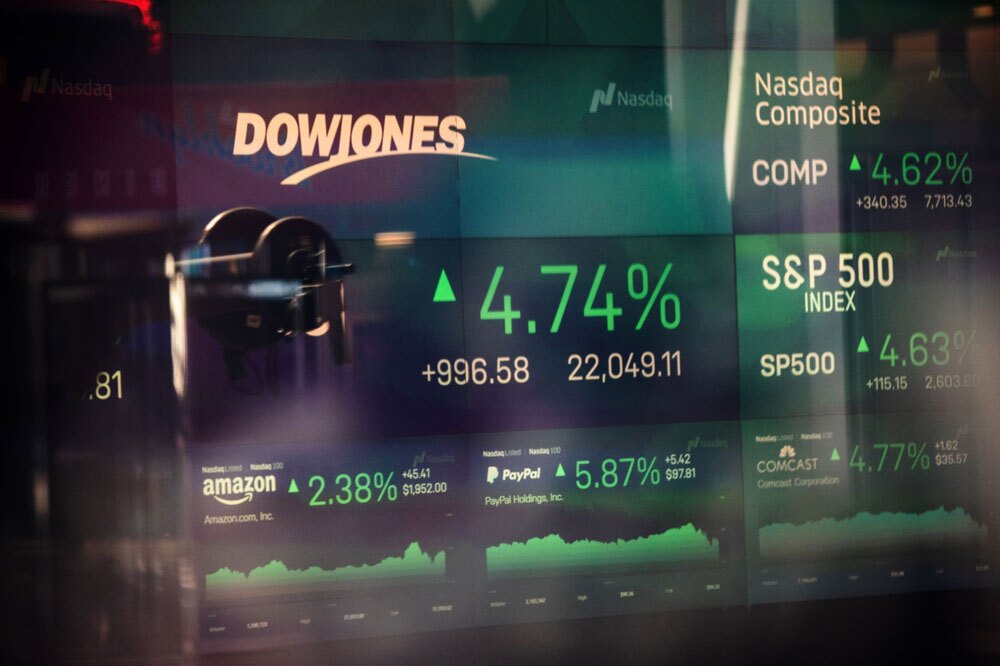Outsourced investment firm (OCIO) Makena Capital Management is putting capital to work amid the coronavirus pandemic and subsequent market downturn.
That’s a part of the Menlo Park, California-based firm’s long-term plan, according to Larry Kochard, chief investment officer at Makena, which manages whole portfolios for endowments, foundations, and other institutions.
“What we’ve done is stick to our game plan,” Kochard said by phone Monday. “This is an event that was not predictable. You never know what will cause the next drawdown in the market.”
The firm had a few risk-management tools on hand already that, according to Kochard, have been helpful in running the portfolio through turbulent times.
Kochard said that Makena sets a specific number of commitments it can make to new private investments each year, which helps it to manage unfunded commitments in case of a market downturn.
While several endowments completely stopped committing capital to private investments during the last market downturn in 2008 and 2009 because of portfolio rebalancing, Kochard said Makena won’t face the same in 2020, as it has already prepared for the issue ahead of a downturn.
Makena manages a portfolio of out-of-the-money puts, which provides portfolio liquidity if the market falls by a certain percent. Kochard said that in March, the firm monetized some of those options.
[II Deep Dive: Stanford Endowment Leaders Built an Outsourced-CIO. Now, They’re Working on Succession.]
Then, he added, Makena put that money to work in public equities, credit markets, and other liquid sectors.
“It’s a good discipline to put money back into the market, knowing that you’re not going to time it well,” Kochard said.
According to Kochard, Makena is focusing on high-quality real estate investment trust. “REITs sold off hard,” Kochard said. “There are a lot of risks facing a lot of segments of the real estate market.” But, he added, Makena likes REITs with a low amount of leverage and less exposure to some of the real estate sectors like hotels that are facing headwinds. He believes they can pay off.
“This could be an opportunity for the better-quality businesses to take market share, so they come out of this much stronger,” Kochard said.
And Makena is looking at certain closed funds that have opened up to new investments. “To do our style of investing and to do it well, you have to maintain an ongoing, active engagement with managers to constantly assess,” Kochard said. “Over time, you will have a high conviction of who you think are your best managers.”
Kochard added that over the past two years, he has been trying to increase the portfolio’s concentration in those managers. With some usually closed funds opening up, an opportunity to do so has presented itself. Kochard added that these firms tend to be relatively small, which helps to preserve their high returns.
Makena is prioritizing money managers with steady cash flows and less leverage on their balance sheets. But, he added, these funds are popular among Makena’s peers. “If they’re high conviction for me, they’re high conviction for others,” Kochard said.







